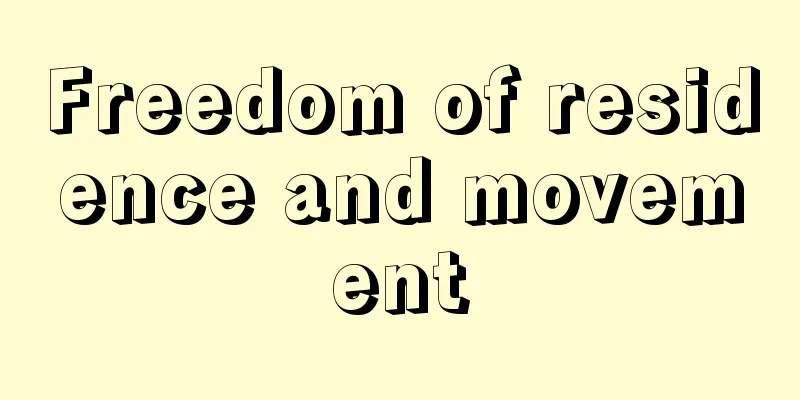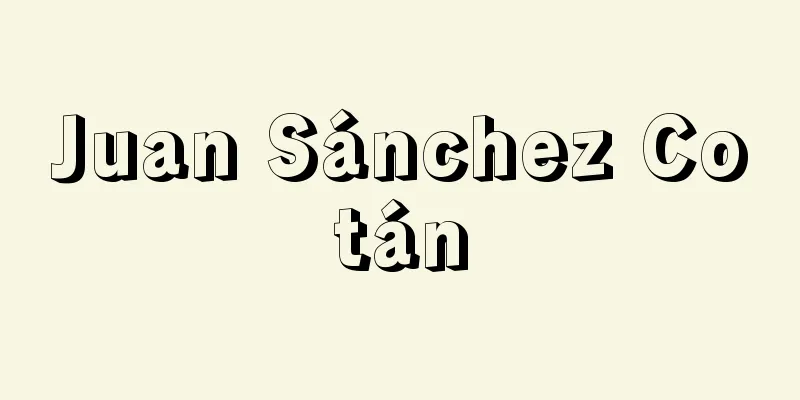Freedom of residence and movement

|
The freedom to decide on one's place of residence and to change it. In feudal times, freedom of residence and movement was severely restricted along with freedom of occupation choice, but this freedom of residence and movement was guaranteed as an essential prerequisite for the existence of a capitalist society in the sense of forming a free labor force separate from the land. Article 22 of the Meiji Constitution also explicitly guarantees the freedom of residence and movement, subject to "reservations of law," and the Constitution of Japan guarantees this freedom in the same article (Article 22) as the freedom of occupation choice, "so long as it is not contrary to the public welfare." Source: Heibonsha World Encyclopedia, 2nd Edition Information |
|
居住地を決定し,またそれを変更する自由。封建時代には,居住・移転の自由は職業選択の自由と並んで厳しく制限されていたが,土地から分離された自由な労働力の形成という意味において,この居住・移転の自由は,資本主義社会存立の不可欠の前提条件として保障された。明治憲法22条も〈法律の留保〉のもとで居住・移転の自由を明文で保障しており,日本国憲法はこの自由を職業選択の自由と同一の条文(22条)で〈公共の福祉に反しない限り〉において保障している。
出典 株式会社平凡社世界大百科事典 第2版について 情報 |
Recommend
Airlift type fermenter - Airlift type fermenter
…In the fermentation industry, it is generally im...
Climate Geography
...Paleogeography is also included in this catego...
Geospiza scandens (English spelling)
…[Nakamura Toru]. … *Some of the terminology expl...
The origin of Kokawadera Temple
A picture scroll depicting the miracles and miracu...
Prefectural flower and tree - Kenkakenboku
A flower or tree selected to represent a prefectur...
Corrientes (English spelling)
The capital of Corrientes Province in northeastern...
Electrofused refractory
Refractories are made by melting refractory raw ma...
Ankole; Nkole
The Banyankole are an inter-lake Bantu people livi...
Heguri [town] - Heguri
A town in Ikoma County in northwestern Nara Prefec...
Shutsu Sanzo Kishu - Shutsu Sanzo Kishu
A Buddhist book in 15 volumes. Written by Sengyou...
Ichiryuu Keikomugi - Single-grain wheat
...Over the long history of agriculture, this has...
qaṣaba (flute) (English spelling) qasaba
...In addition to this common style, Iranian clas...
Old stock - Kyuukabu
〘 noun 〙 refers to the stock certificates issued u...
Rotational spring constant - Rotational spring constant
...Gas springs can also generate a nearly constan...
Bedayliya (English spelling)
...As the Christian kingdoms declined, several Is...









